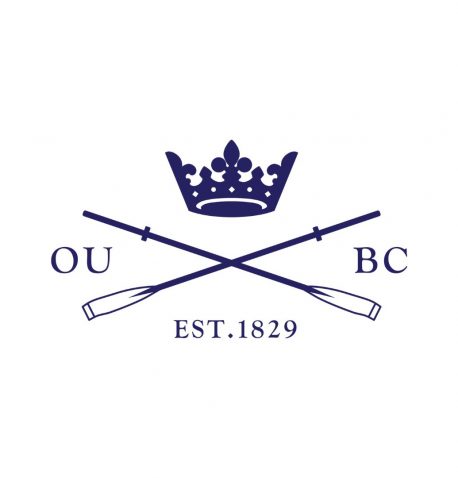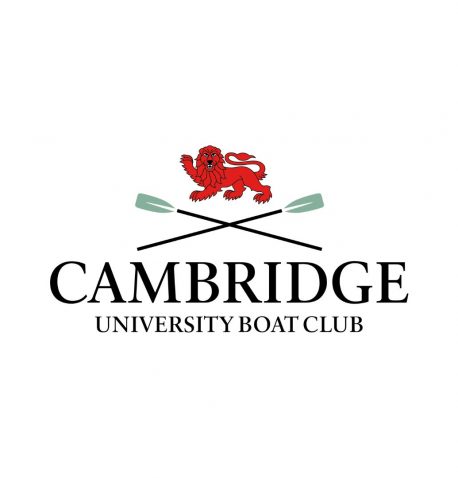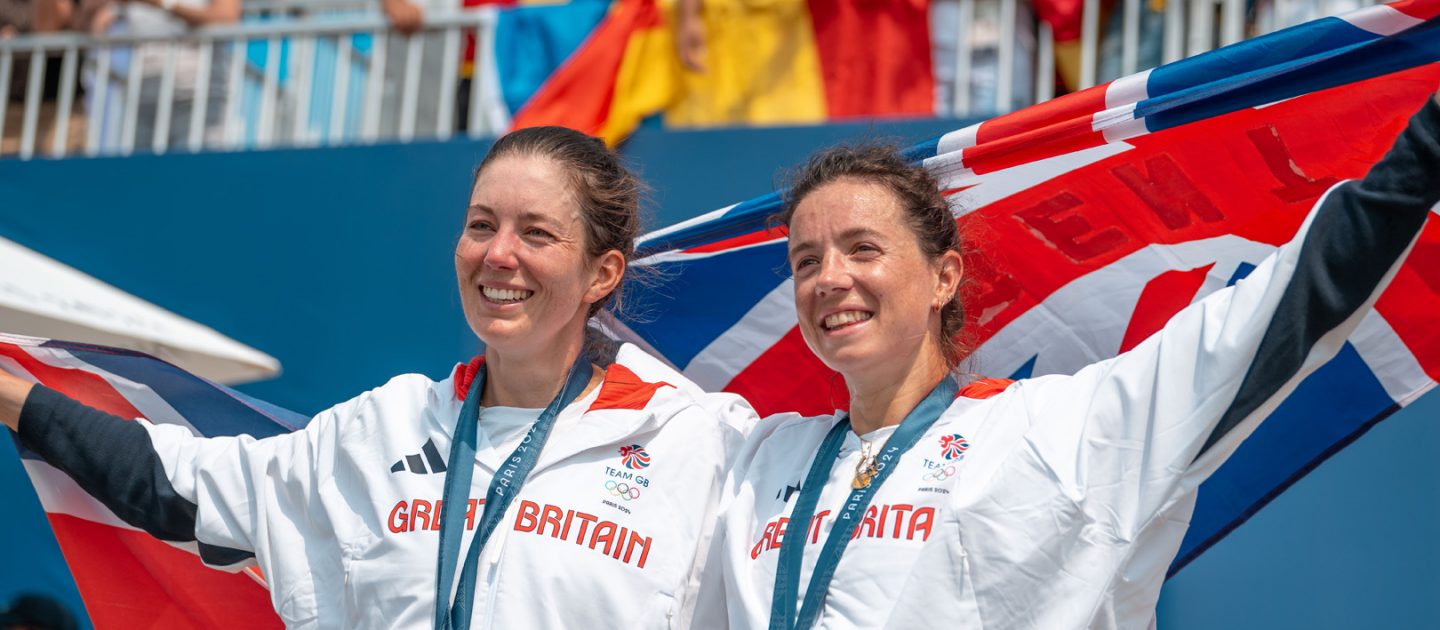Imogen Grant had never rowed before starting her undergraduate course in Medicine at Trinity College, Cambridge. Progressing through college rowing into Cambridge University Boat Club (CUBC), she has the accolade of rowing in two Boat Races in the same year – for the lightweights at Henley in 2016, followed by a week later for Blondie. She followed this with Boat Race Blues in 2017, 2018 and 2022.
After finishing fourth by 0.01 seconds in the Tokyo Olympic Games 2020 (held in 2021), she was crowned Olympic champion in Paris this summer in the women’s lightweight double sculls, alongside her doubles partner Emily Craig. She’s now starting her career as a doctor at Wexham Park Hospital, Slough, whilst not yet making a decision on a shot for the Los Angeles Olympic Games 2028.
Imogen caught up with us shortly after addressing the Labour Party Conference, and being a recipient of the International Olympic Committee’s (IOC) Climate Action Award.
How’s life been since you won gold in Paris?
I feel like I’ve lived about 4 months’ worth of life in one! It’s been really busy, but very fulfilling. Switching priorities towards medicine and work for a bit has been a good change, but I’m still managing to get out rowing as well.
——
Going from fourth to first at consecutive Games is the fairytale ending. How did you and your partner refocus after the near miss of Tokyo?
Paris really did feel like a fairytale. After Tokyo, my doubles partner Emily and I took a chunk of time away from the national training centre, her to work in an auction house, and me to finish my medical degree. It allowed us to grow as people, and gain perspective in what we were trying to accomplish. When we got back in a boat together again, it had been almost 9 months, but it flew almost immediately. We knew exactly what we wanted this time around.
——
What was it like stepping into Wexham Park Hospital, Slough, to start on the wards in August?
Not every job starts with being followed by a film crew for your first day of work! Everyone has been so welcoming and supportive, and having something else to focus on means that the post-Olympic blues never hit.
——
Studying medicine is hard enough without also completing full-time rowing training. What made it work?
I have two passions; medicine and rowing, and I was never prepared to compromise one for the other. It took confidence in knowing what I was doing was the right thing for me, and determination to see it through. Sometimes it took asking for help two, three, four times in a row before I could find a way through, but it always worked out in the end.
——
What are your memories of learning to row at Trinity College, Cambridge?
I learned to row at First and Third Trinity Boat Club in my first year, and it drew me in with the supportiveness and enthusiasm of all the coaches. I was getting to know students from all subjects and all years, and I fell headfirst into this incredible community of rowing at Cambridge.
——
How has the Boat Race changed your life?
I would not have joined the Great Britain team or won an Olympic Gold medal without the Boat Races I competed in. So much of my formative learning in rowing I learned from racing and winning the Boat Race. I have made friends for life, and it will be something I tune into every year for the rest of my life.
——
What’s your best Boat Race memory?
My first win was in the 2016 Blondie-Osiris race. We rowed back through from being one length down at Harrods to win by 3 lengths. It was the year the Blue Boat sank, so the water was horrendous. When we crossed the line I had to double check we actually made it. The joy of winning was indescribable.
——
How did you feel being on the BBC team at the 2024 Boat Race?
Being a spectator is really stressful!
——
What’s your advice to any student aspiring to trial for Oxford or Cambridge?
Experiencing the Boat Race is so unique; far fewer people have won it than won Olympic Gold, and arguably in some ways it is harder. It’s not just about the rowing, every athlete in the squad is also incredibly passionate about what they are studying. Embrace the variety, embrace how hard it can be at times, and know that the experience of the journey is worth it every single time.
Photo credit: Benedict Tufnell/Row360



